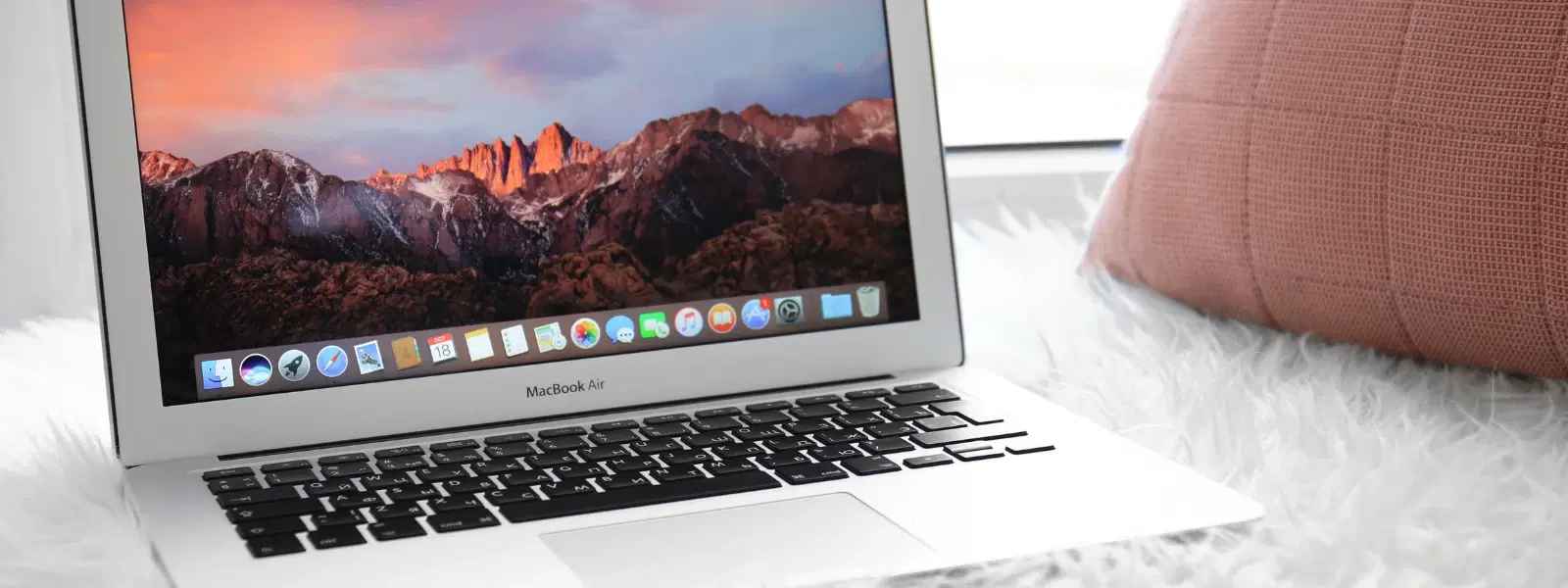
Consumer Electronics
•04 min read
Ever wondered where your Mac stores critical system files and user data? The mysterious Library folder is hidden by default, keeping your system safe while housing essential files such as application support, preferences, and caches. In this guide, you'll learn how to find library on mac using several intuitive methods. Whether you are a tech enthusiast, a student, or a young professional, understanding how to access the mac hidden library folder can help you troubleshoot issues and customise your system safely.
The Library folder on Mac is a special directory where your system stores vital files, app data, and user preferences. This directory is crucial for the proper functioning of your applications, and it provides a base for customisations and troubleshooting. Knowing the mac library folder location is the first step to managing your system files more effectively.
Apple hides the Library folder by default to protect your system from accidental modifications. This safety feature ensures that only users with advanced knowledge intentionally access the folder, minimising the risk of unintended changes that could adversely affect the stability and performance of your Mac. Nonetheless, there are valid scenarios, such as maintenance or personalisation, where you need to access library directory mac.
To open library folder mac via Finder, follow these simple steps:
Open Finder.
Click on the "Go" menu in the menu bar.
Hold down the "Option" key to reveal the Library option.
Select "Library" to access the folder.
This method reveals the hidden Library folder temporarily, giving you the mac system library access needed for quick adjustments.
If you prefer using Terminal, here’s how to show library folder mac:
Open Terminal.
Type the command: chflags nohidden ~/Library.
Press Enter to execute the command.
This command makes the folder visible, allowing you to navigate to library folder mac with ease, especially when quick and repeated access is required.
For a smoother experience, consider creating a shortcut to the Library folder on Finder’s sidebar. Use the keyboard shortcut Shift + Command + G to open the "Go to Folder" dialog and enter ~/Library directly. This is an effective way to navigate to library folder mac without the repeated steps.
There are also trusted third-party applications that help manage hidden files and folders, including the Library directory. While these tools offer extra features for power users, it's advisable to use them cautiously, ensuring they are from reputable developers. As with any tool, check the options carefully to enjoy seamless and secure customisation without compromising your Mac's stability.
Open Finder, click 'Go' in the menu bar, hold down the 'Option' key, and select 'Library.'
Apple hides the Library folder by default to prevent accidental modifications that could harm the system.
Open Terminal and type the command chflags nohidden ~/Library then press Enter.
Adjust permissions by right-clicking the folder, selecting 'Get Info,' and modifying the sharing and permissions settings.
Yes. You can create a shortcut in Finder’s sidebar or use Shift + Command + G to directly enter ~/Library.
The Library folder on Mac is an essential part of managing your system. By following these methods to access the hidden folder, you can work efficiently with system files, perform maintenance, and customise your Mac with confidence. With the guidance provided here alongside the dependable and smart solutions offered by Tata Neu and its extensive network, including benefits like NeuCoins rewards and express delivery for timely needs, you’re set to progress in life by transacting smartly. Enjoy a seamless, user-friendly tech experience and explore more ways to enhance your Mac usage at every step.
For those who need constant access to this folder, you can permanently reveal it by following these steps:
Open Finder and navigate to your Home directory.
Click on "View" in the menu bar, then select "Show View Options."
Check the box labelled "Show Library Folder."
This setting ensures that you no longer need to use shortcuts each time you want to locate library folder mac.
The Library folder is organised into several key subdirectories. For example:
Application Support: Stores essential files that applications require to run smoothly.
Preferences: Contains user-specific settings and customisations for various apps.
Caches: Holds temporary files that help speed up your system.
By understanding these areas, you can navigate to the library folder mac and locate a specific file more easily when troubleshooting or cleaning up cache data.
Finder’s search functionality or Terminal commands can help you find library directory mac files quickly. This is particularly useful when you need to check app settings or resolve issues by accessing specific data within the folder.
At times, you might encounter a message stating that you don’t have permission to access the Library folder. This issue arises due to system-level restrictions meant to preserve the integrity of your Mac. If you face this problem, you can adjust the folder permissions using Finder by right-clicking the folder, selecting "Get Info," and modifying the sharing and permissions settings. Alternatively, Terminal offers commands to tweak these settings if you are comfortable with command-line operations.
After system updates or changes, the Library folder might revert to being hidden. If this happens, simply revisit the methods mentioned earlier to restore mac library folder visibility. These steps ensure you can continuously access essential files without disruption, a benefit that resonates well with the seamless shopping experience and expert guidance available on Tata Neu.
Pro Tip: Safeguard Your Library Folder
Did you know? Modifying files in the Library folder can impact your Mac’s performance. Always back up your system or specific files before making changes to avoid unintended consequences.